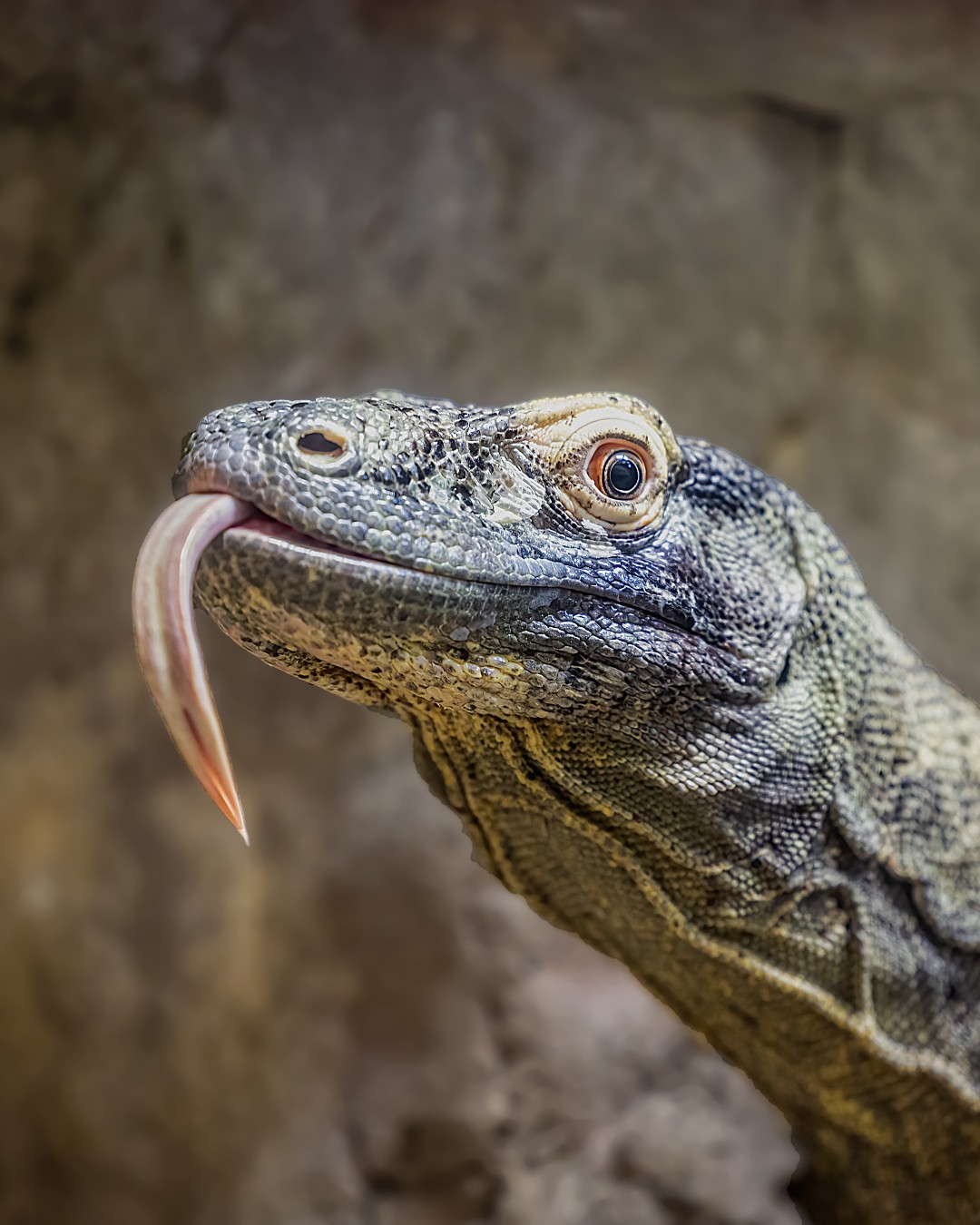- Overview of Dr. Melanie Richter’s pioneering research on feeding methods and muscle use in Komodo dragons and giant tortoises
- The significance and goals of the AZA Animal Care and Wellness Grants Fund
- Detailed examination of Komodo dragons and giant tortoises’ natural behaviors related to feeding and muscle development
- Integration of research findings into zoo management practices to enhance animal welfare
- Implications for wildlife conservation and how improved animal care techniques can support broader conservation efforts
Dr. Melanie Richter’s research project represents a significant advancement in animal care, focusing on improving feeding techniques and encouraging natural muscle usage in Komodo dragons and giant tortoises. Her work, recently recognized with an inaugural grant from the Association of Zoos and Aquariums (AZA) Animal Care and Wellness Grants Fund, aims to address the physical and psychological well-being of these remarkable reptiles within managed care settings.
The AZA Animal Care and Wellness Grants Fund plays a crucial role in advancing the welfare and management of animals within zoos and aquariums. This funding initiative is designed to support innovative research that enhances the care provided to captive species, with a particular focus on fostering environments that meet their natural needs. Dr. Richter’s project exemplifies the grant’s mission by seeking to better understand and improve upon the ways in which zoos cater to the dietary and physical requirements of their reptilian residents.
Komodo dragons, native to the Indonesian islands, are the largest lizards in the world and possess unique feeding behaviors that challenge zoo management practices. In the wild, these apex predators engage in active hunting and scavenging, which naturally promotes strong muscle development and overall health. Similarly, giant tortoises, primarily found in the Galápagos Islands, have evolved to graze extensively and traverse varied terrains, which supports their physical well-being. Dr. Richter’s research is crucial in replicating these natural activities within a controlled environment, ensuring that the animals not only receive adequate nutrition but also engage in behaviors necessary for their muscle development and psychological health.
Integrating the insights gained from this research into zoo management practices promises to significantly improve animal welfare. By creating feeding strategies that mimic natural conditions, zoos can stimulate the animals’ inherent behaviors, fostering a more enriching environment. This involves designing feeders that require the animals to move, stretch, and engage in physical activity, thereby promoting their physical fitness and well-being. These practices can enhance the overall health and longevity of captive Komodo dragons and giant tortoises, emulating a closer approximation to their natural habitats.
The broader implications of Dr. Richter’s research extend beyond the confines of managed care. Improved feeding and exercise techniques can aid in the conservation of these species, both in captivity and in the wild. By enhancing captive management, zoos play a pivotal role in educating the public about these animals and the challenges they face in their natural habitats. Furthermore, effective captive care sets the standard for rehabilitation and reintroduction efforts, which are integral components of conservation strategies for endangered species.
The knowledge gleaned from this study underscores the importance of research-driven management practices in zoological institutions. As stewards of wildlife conservation, zoos must continue to innovate and implement strategies that prioritize the health and welfare of their inhabitants. Dr. Richter’s work not only advances the care and understanding of Komodo dragons and giant tortoises but also reinforces the critical role that research plays in the ongoing effort to conserve biodiversity.
In summary, Dr. Richter’s project, supported by the AZA Animal Care and Wellness Grants Fund, exemplifies a forward-thinking approach to zoo management and wildlife conservation. By focusing on the natural feeding behaviors and muscle development of Komodo dragons and giant tortoises, her research promises to enhance the welfare and conservation of these extraordinary creatures. As zoos continuously strive to optimize their practices, the insights gained from scientific research play an essential role in achieving their mission of fostering a sustainable future for wildlife.
*****
Source Description
We have some exciting research news to share! 🔬 Dr. Melanie Richter from our Research Team was recently awarded an inaugural AZA Animal Care and Wellness Grants Fund research grant for her project on improving feeding methods and encouraging natural muscle use in Komodo dragons and giant tortoises. 🐉 🐢
Check out our newest blog post on our website to learn more about this amazing project and Dr. Richter’s research! 🗞️
@zoos_aquariums
📸 Michael Pachis


